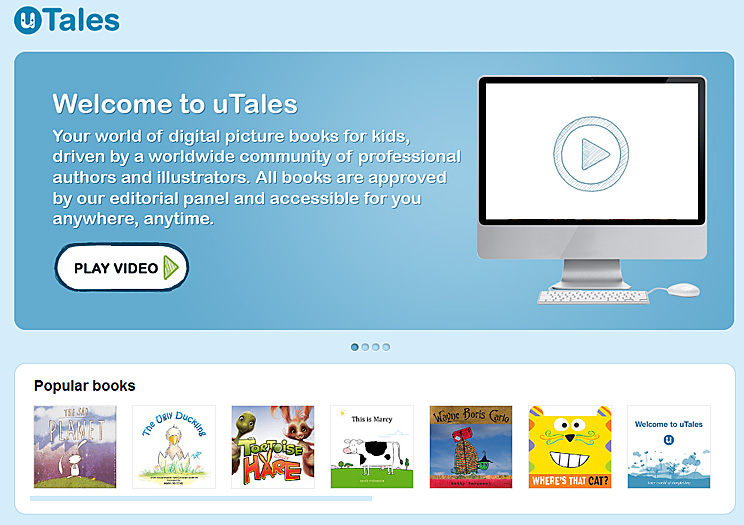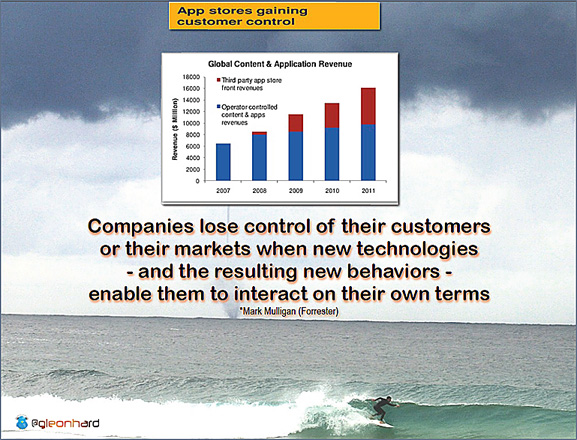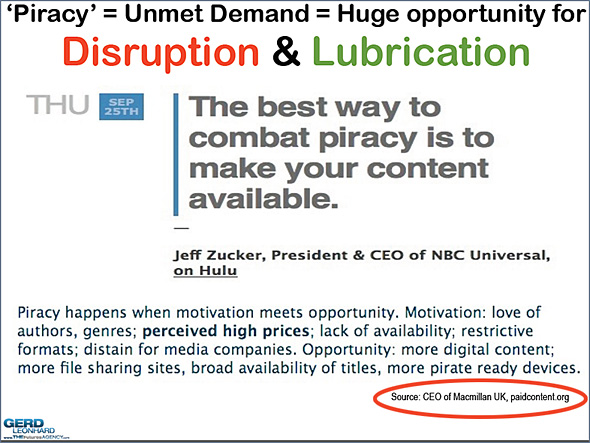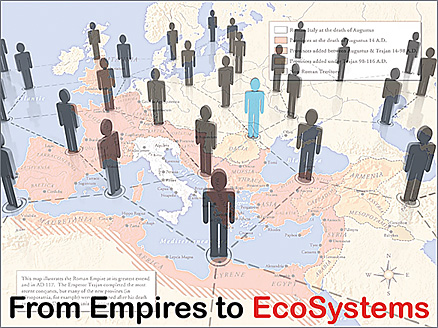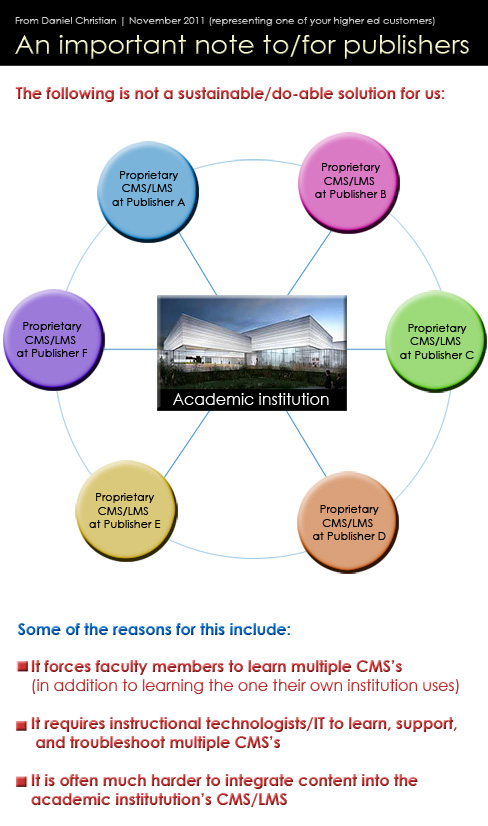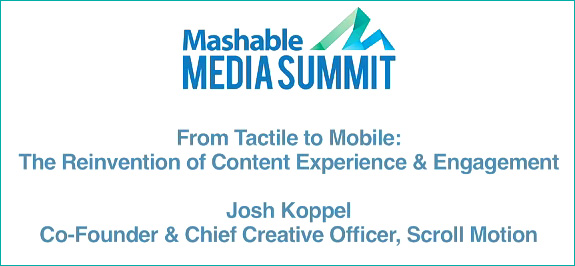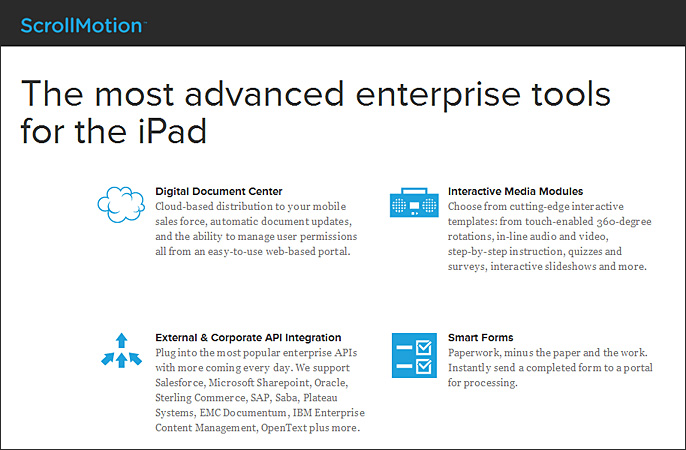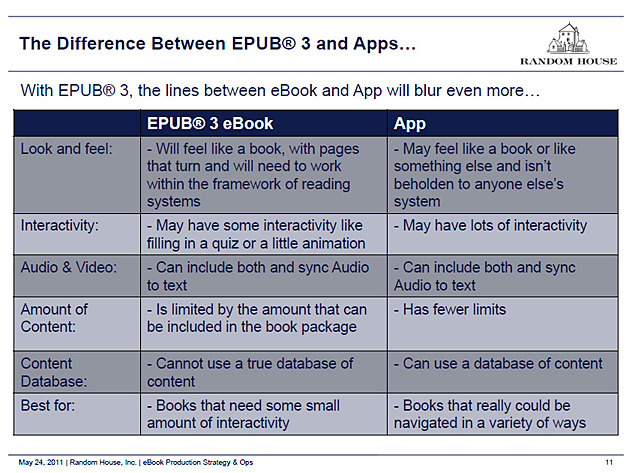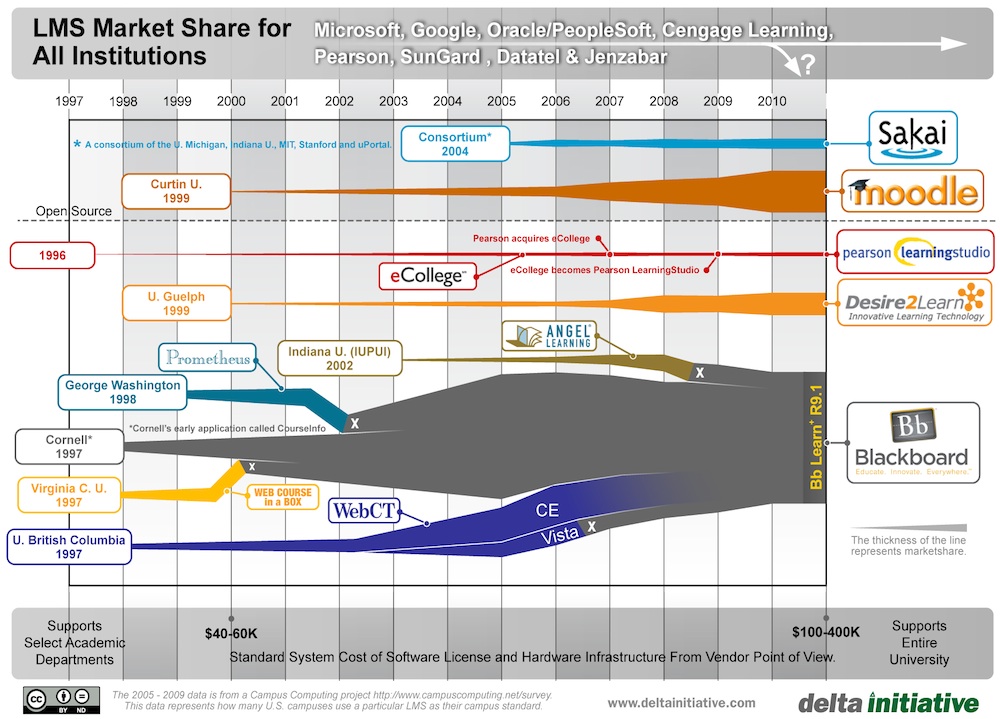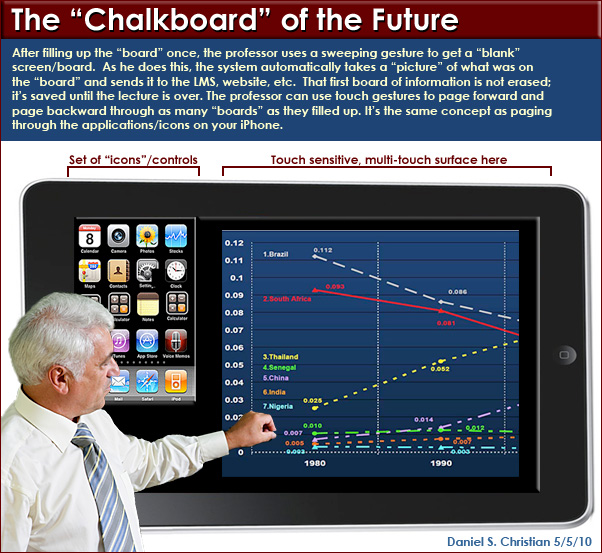- uTales: Crowdsourcing Children’s Book Publishing — from wired.com by Daniel Donahoo
One iPad publishing platform to rule them all — from Mashable.com by Josh Koppel, Co-founder and Chief Creative Officer at ScrollMotion
.
Excerpt:
App developer ScrollMotion has created tablet content for some of the world’s largest publishers. At the Mashable Media Summit last Friday, its co-founder and chief creative officer Josh Koppel showed off a single platform built to run the entire gamut of enterprise media publishing.
.Also see:
Knewton, Pearson pair up to deliver customized learning experience — from The Journal by Kanoe Namahoe
8 Colleges Collaborate on Open Courses — from Converge Magazine by Tanya Roscorla
Excerpt:
Many students can’t pay hundreds of dollars each term for textbooks. So they choose not to buy any of them.
“They just try to take the class without the book, and boy, that’s hard,” said Marty Christofferson, dean of campus technology at Tompkins Cortland Community College in New York.
This year, eight colleges that primarily serve at-risk students are working together on Project Kaleidoscope. In California, New York and Nebraska, faculty members are collaborating on open general education courses that will cut student textbook costs to less than $30 per class.
From DSC:
For some archived examples of pooling resources — and the use of consortiums — see this page on my old website:
- Consortiums, Societies, Networks & Associations
This page speaks to the pooling of resources that are possible within the world of education
Pearson and Google jump into learning management with a new, free system — from The Chronicle by Josh Fischman
Excerpt:
One of the world’s biggest education publishers has joined with one of the most dominant and iconic software companies on the planet to bring colleges a new—and free—learning-management system with the hopes of upending services that affect just about every instructor, student, and college in the country.
Today Pearson, the publishing and learning technology group, has teamed up with the software giant Google to launch OpenClass, a free LMS that combines standard course-management tools with advanced social networking and community-building, and an open architecture that allows instructors to import whatever material they want, from e-books to YouTube videos. The program will launch through Google Apps for Education, a very popular e-mail, calendar, and document-sharing service that has more than 1,000 higher-education customers, and it will be hosted by Pearson with the intent of freeing institutions from the burden of providing resources to run it. It enters a market that has been dominated by costly institution-anchored services like Blackboard, and open-source but labor-intensive systems like Moodle.
Pearson acquires Connections Education
Gains leading position in fast-growing market for virtual schools
Excerpt:
(PRWEB) September 15, 2011
Pearson, the world’s leading learning company, [announced on 9/15/11] the acquisition of Connections Education from an investor group led by Apollo Management, L.P.
Through its Connections Academy business, the company operates online or ‘virtual’ public schools in 21 states in the US—serving more than 40,000 students in the current school year. These virtual charter schools are accredited and funded by the relevant state and are free to parents and students who choose a virtual school in place of a traditional public institution or other schooling options.
Virtual schools serve a diverse population of students including those who may be gifted, struggling, pursuing careers in sports or the arts, in need of scheduling flexibility, or who have chosen home schooling. It is a large and rapidly-growing segment in US K-12 education: in 2010, 48 states and Washington, D.C. had virtual school programs and 27 states allowed virtual charter schools. Approximately 200,000 students attended full-time online courses and an estimated 1.5 million students took one or more courses online. (Source: Keeping Pace with K-12 Online Learning, 2010, Evergreen Education Group).
New mentality entering LMS market — from deltainitiative.com by Phil Hill; this was also guest posted on Michael Feldstein’s eLiterate site
Excerpt:
The real significance will be the entrance of a new mentality – one based on new investment (venture capital, private equity, strategic publisher moves), one based on startup companies willing to challenge the status quo with new approaches, and one that is almost naive in its assumptions about giving end users what they want.
McGraw-Hill announces comprehensive growth and value plan to increase shareholder value
To separate into two industry leading public companies, one focused on key global markets and the other on education
Excerpt of announcement:
NEW YORK, September 12, 2011 — The McGraw-Hill Companies (NYSE: MHP) today announced that its Board of Directors has unanimously approved a comprehensive Growth and Value Plan that includes separation into two strong public companies: McGraw-Hill Markets, primarily focused on capital and commodities markets, and McGraw-Hill Education, focused on education services and digital learning.
The three-part plan is designed to accelerate growth and increase shareholder value by:
- Creating two “pure-play” companies with the scale, and the capital and cost structures to fully leverage their world-class franchises, iconic brands, and leading market positions
- Reducing costs significantly to ensure efficient operating structures for the two new companies
- Accelerating the pace of share repurchases to a total of $1 billion for the full year 2011 (approximately $540 million repurchased year to date)
Also see:
- To lift stock, McGraw-Hill will split in two
- McGraw-Hill announces breakup plan
Firm outlines plan to split markets, education business. - McGraw-Hill splitting into two









